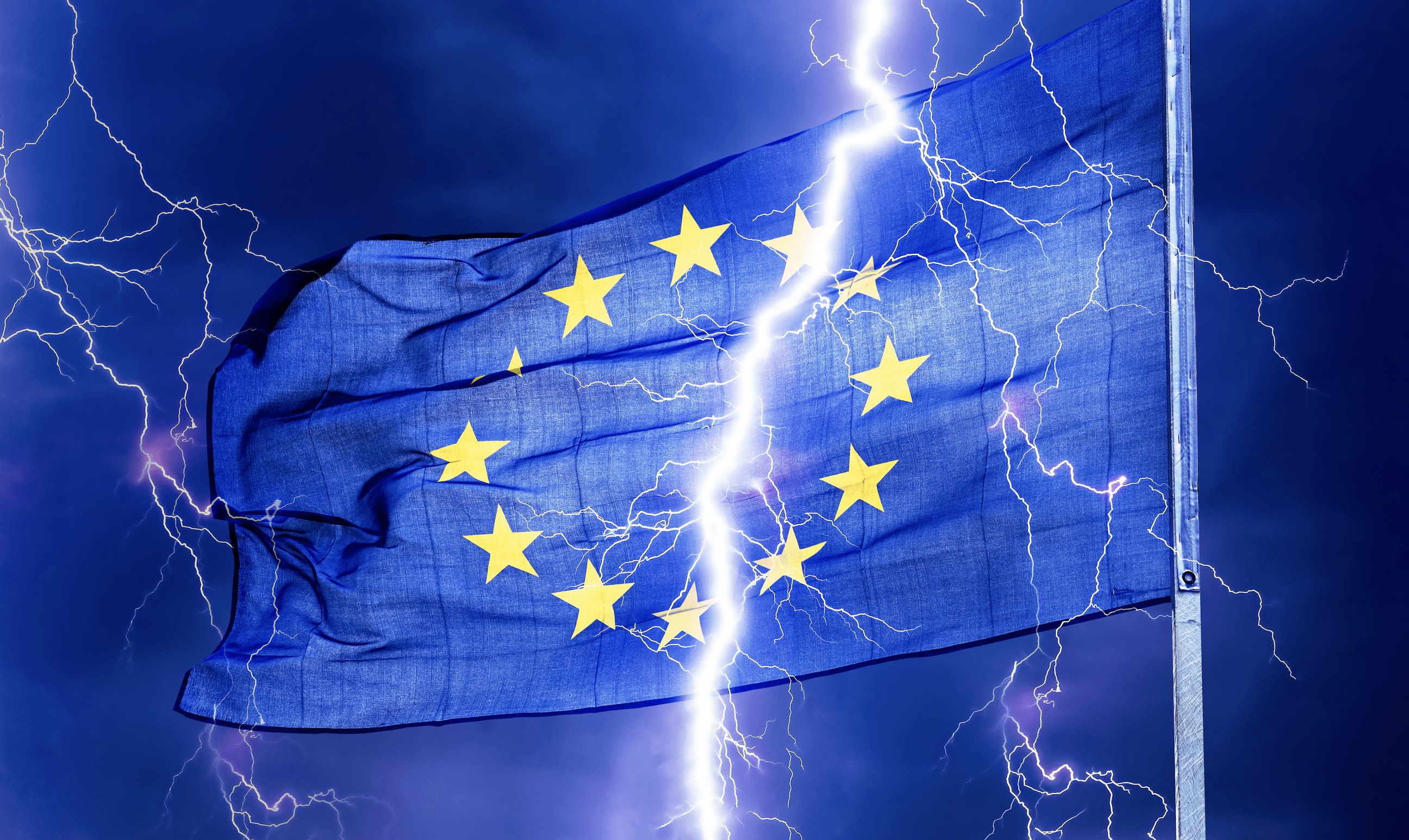
At a recent EU virtual policy conference, Victor Negrescu, MEP and co-chair of the parliamentary culture and education committee, called for a more harmonized approach to education in Europe. Negrescu wants the European Union to pay member states for incorporating EU-centric material in their curricula.
Specifically, Negrescu wants the EU to take a lead in developing a “competency framework” on how children are educated about the EU, its history, and why it exists. He would also like to see “financial allocations” to follow initiatives to introduce a centrally developed, EU-wide and euro-centric approach to education. “We believe,” Negrescu said,
that we can develop resources, common resources, that should be made available to teachers across Europe, because if we look at statistics, only fifty percent, one in two children in Europe, are learning about European history. And when we refer precisely again to institutions and to policies and all those details that are important at the European level, we know the fact that European citizens are not really aware of what is happening at the European level and why we are together in this European Union.
Negrescu referred to the Conference on the Future of Europe, a project by the European Union, which calls for “European competencies” to be taught in schools across the EU. The Conference has been criticized for being a conduit for an ideologically progressive agenda, and for enabling a European “superstate” project.
Another participant in the June 16th policy conference, Stefan Zotti from the European Commission, explained the need for expanding the so-called Chamonix project for higher education to primary and secondary levels as well. The Chamonix project aims to foster an “international dimension through support for cooperation and policy dialogues.”
It is unclear if the development of EU-focused educational tools will also include perspectives from EU skeptics and critics.
